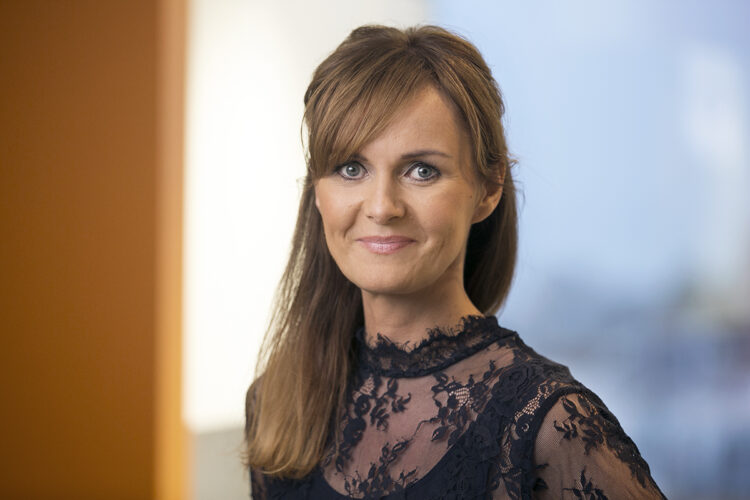In my work as a human resources consultant, I often come across new mothers who are returning to work after maternity leave. Most, if not all, are under a lot of stress due to the situation they face in the Icelandic welfare system. It is not possible to rely on their children to enter kindergarten on time and this gap needs to be bridged somehow. At the same time, these young mothers are often taking their first steps in the job market and have already invested in a good education.
For the first time in my career, I am experiencing a certain regression in gender equality. I am therefore seriously concerned about this development. Many young mothers mention new things that I am concerned about, such as their partner not wanting to take maternity leave, they are falling behind in salary development, social media has a very negative impact, they need to have a perfect, clean and nice home and preferably disinfected like the influencers, they preferably need to cook everything from scratch, no sugar, wheat or processed meat products for the children, the young family needs to wear the right brand products, requirements for domestic and international travel, high demands on appearance and health and an imagined lifestyle. Many of these women are university educated and have master’s degrees, and come from good jobs, but because of these interacting factors, they have returned to the home, and in their own words ” behind the stove baking for TikTok” . This usually ends one way – in depression and anxiety due to perfectionism.
An interesting article recently appeared in the Harvard Business Review about the status of women in the United States who returned to work after maternity leave. The results of the study show that new mothers value the following factors most when returning from maternity leave:
- Clarify the company’s HR processes related to maternity leave and support for return. A new mother needs to know what her rights are to maternity leave, extended leave, what flexibility is available, how the HR policy addresses return and adjustment, part-time work, teleworking, home working, and whether there are any ways to extend maternity leave and support to meet the needs of parents in changing circumstances.
- Create space for motherhood . This allows the postpartum mother to have a place and time to engage in the responsibilities associated with motherhood. For example, encouraging flexible working hours, providing access to breastfeeding and comfortable seating, scheduling breaks that allow for pumping, and providing a separation between work and personal life.
- The job . Upon returning, it is important that a new mother feels that she is given appropriate tasks, that she is assigned developmental tasks and new opportunities, and that she is shown confidence to adapt to changed circumstances.
- Self-image . It is important that colleagues and managers show new mothers an interest in their new role, for example by showing empathy, interest, checking on the mother’s well-being, and listening sympathetically to her experiences.
These aspects of this study are important, but they all focus on the companies themselves and the study misses the external environment and their immediate environment at home. What new mothers face today is this daunting challenge of presenting themselves as “ superwomen ” who must simultaneously meet and dedicate themselves to the demands of their careers and children, home and social media.
This is a matter of great concern in my opinion. Shouldn’t we relax a little in this superwoman talk? Let’s take a closer look, educate our young generation about gender equality, talk together and see which way we are going.


